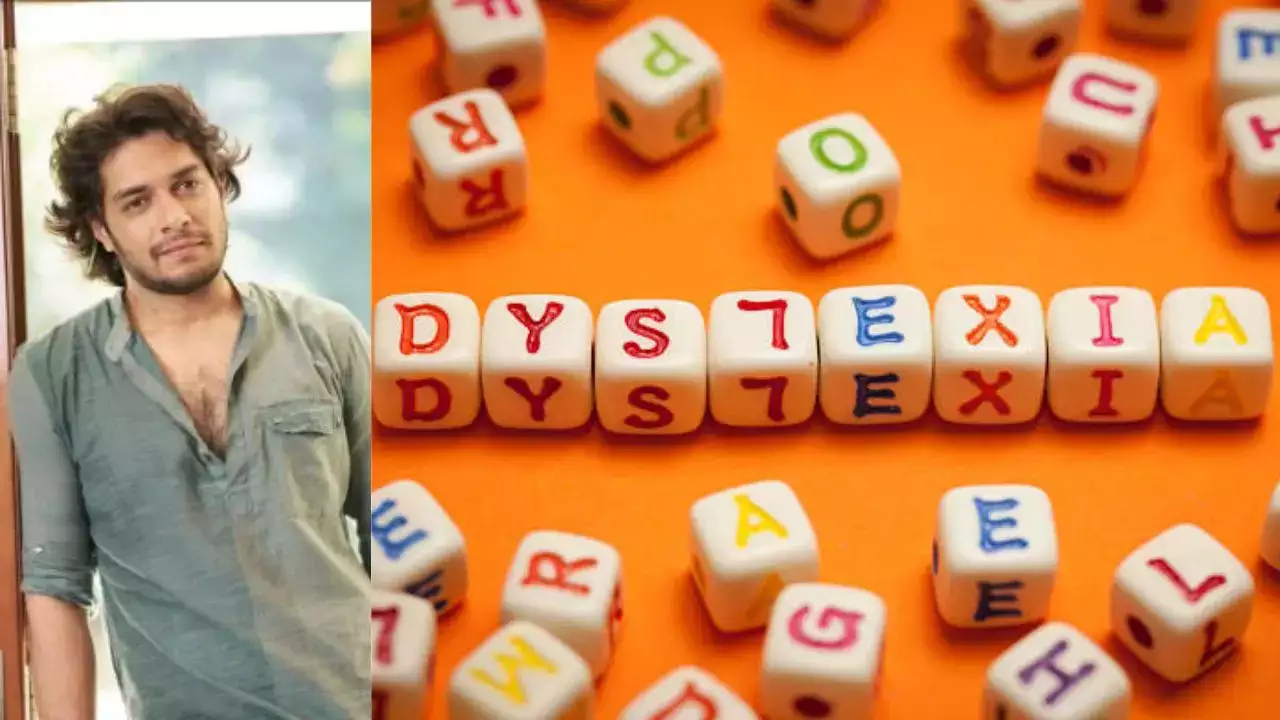
Junaid shared that his parents were not overly strict about academics, a decision influenced by his diagnosis
Aamir Khan's son Junaid has opened up about being diagnosed with dyslexia, a learning difficulty that primarily affects the skills involved in accurate and fluent word reading and spelling.
The 31-year-old actor said his father's significant film Taare Zameen Par, which extensively talked about the topic, led to a pivotal discovery of Junaid’s condition after the actor and his then-wife Reena Dutta recognized symptoms in him. Characteristic features of dyslexia are difficulties in phonological awareness, verbal memory, and verbal processing speed.
Talking about his condition, Junaid shared that his parents were not overly strict about academics, a decision influenced by his diagnosis. “Neither of my parents were particular about my results. I was diagnosed with dyslexia very early on, so they were mindful of that, especially during my schooling,” said Junaid in an interview.
Junaid said he received early intervention, which helped him navigate the challenges associated with dyslexia. “I received a lot of help very early on, so it didn’t affect me as much growing up. In that sense, I think I was lucky,” he added.
What is dyslexia?
According to experts, dyslexia makes language-related tasks extremely hard and happens because of disruptions in how your brain processes writing so you can understand it. Most people are diagnosed with dyslexia in childhood, and it is typically a lifelong issue, also known as “developmental dyslexia.”
According to experts, the condition interferes with how your brain uses spoken language to decode writing. Your brain has trouble processing what you read, especially breaking words into sounds or relating letters to sounds when reading.
That slowdown in processing can affect everything that follows, which includes:
- Slowed reading because you have trouble processing and understanding words
-
Difficulties with writing and spelling
- Problems with how you store words and their meanings in your memory
-
Trouble forming sentences to communicate more complex ideas
Doctors say the condition is uncommon overall. Experts estimate it affects about 7 per cent of people worldwide. Dyslexia falls under the umbrella of “specific learning disorder.” That disorder has three main subtypes:
How dyslexia affects language understanding
Reading starts with spoken language. In early childhood, speaking starts with making simple sounds. As you learn more sounds, you also learn how to use sounds to form words, phrases, and sentences.
Learning to read involves connecting sounds to different written symbols and letters.
What causes dyslexia?
The exact cause of dyslexia is not clear. However, several clues hint at how and why most cases happen.
Genetics
Dyslexia is highly genetic and runs in families, as one parent with dyslexia has a 30-50 per cent chance of inheriting it. Genetic conditions like Down syndrome also make dyslexia more likely to happen.
Differences in brain development and function
If you have dyslexia, you are neurodivergent, which means your brain formed or works differently than expected. Research shows people with dyslexia have differences in brain structure, function, and chemistry.
Disruptions in brain development and function
Infections, toxic exposures, and other events can disrupt fetal development and increase the odds of later development of dyslexia.
Get Latest News Live on Times Now along with Breaking News and Top Headlines from Health and around the world.
